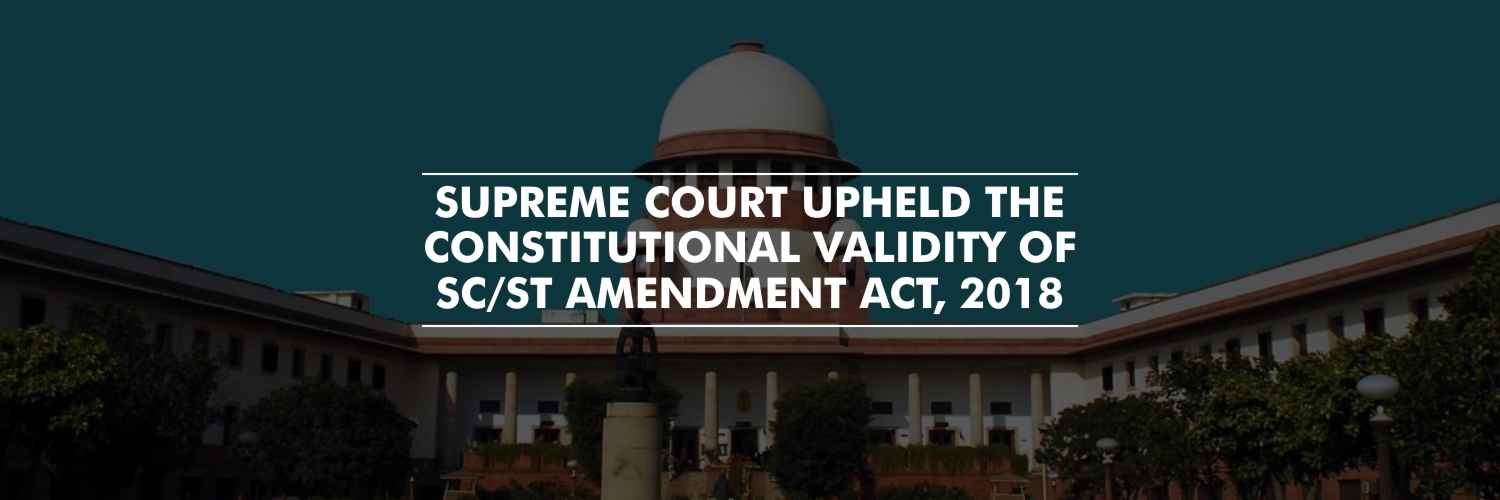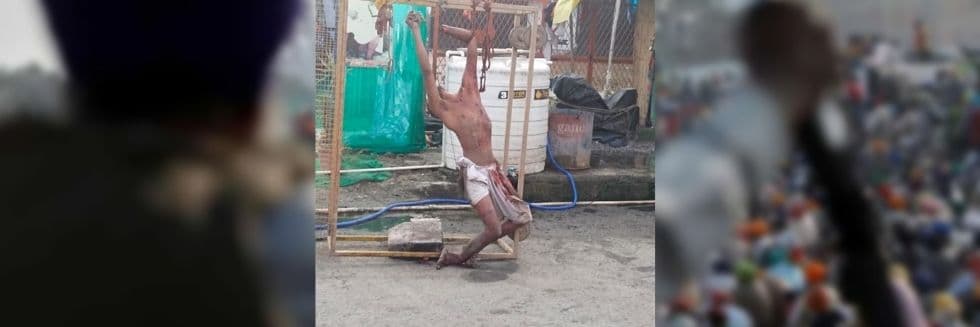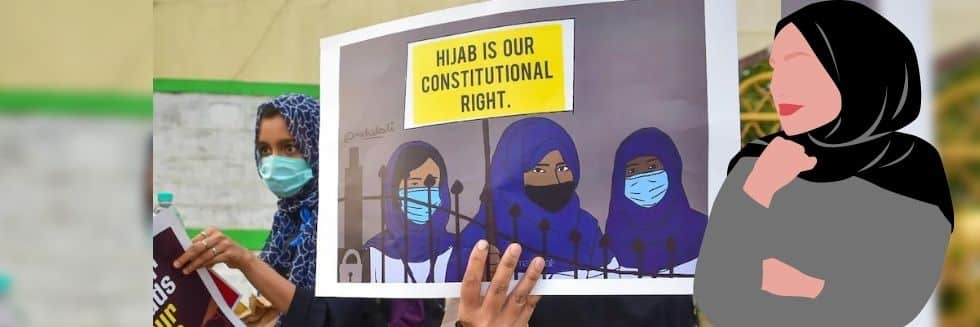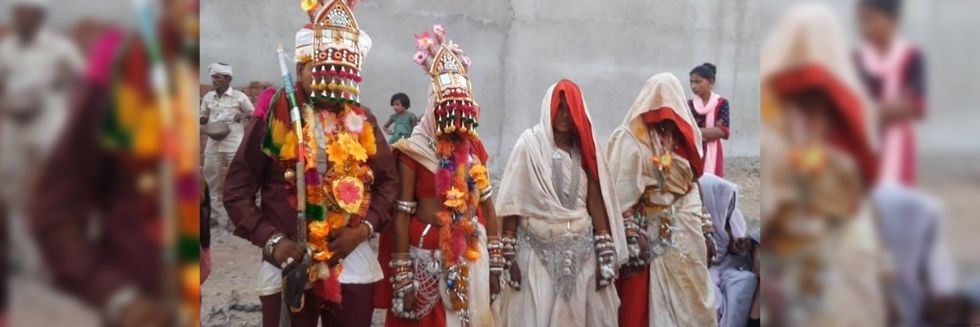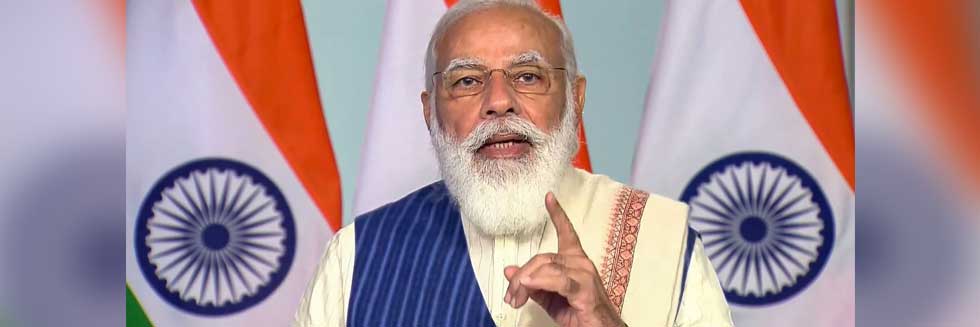The Supreme Court on Monday has upheld the constitutional the validity of SC/ST (Prevention of Atrocities) Amendment Act, 2018 that ruled out any provision for anticipatory bail for a person accused of atrocities against SC/STs.
Earlier, a two-judge bench in its 20 March 2018 verdict, directed to conduct a preliminary inquiry by a DSP-rank officer to ascertain if the allegations qualify for lodging a case under the SC/ST Act and also to probe if allegations are frivolous or motivated.
Nonetheless, the verdict led to massive protests across the country.
Subsequently, the Parliament had to pass the Scheduled Castes and the Scheduled Tribes (Prevention of Atrocities) Amendment Act, 2018 to outweigh the judgment. However, the Centre observed that the judgment altering the stringent provision of the SC/ST (Prevention of Atrocities) Act and stated that arrest on a complaint under the law was not mandatory has ‘seriously affected their (SC/ST) morale and confidence in the ability of the state to protect them.’
Article 21 of the Indian Constitution, guarantees protection of life and personal liberty, and states that ‘No person shall be deprived of his life or personal liberty except according to the procedure established by the law.’
